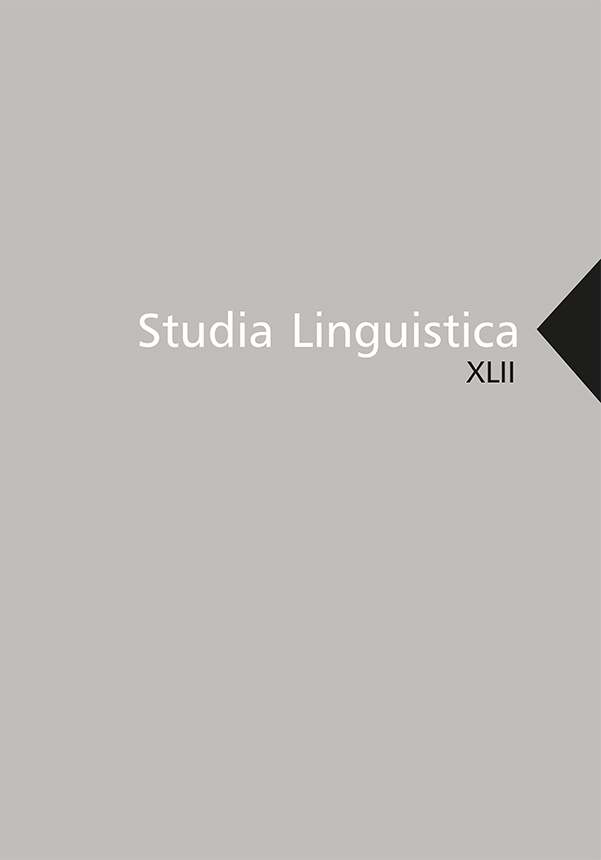

Artykuły

Light verb constructions (German Funktionsverbgefüge = FVGs) are complex predicates consisting of a semantically light verb, which has lost its lexical meaning and just has a functional role, and a noun phrase (with or without preposition). The noun occurring in FVGs is an abstract noun derived from a verb and can be combined with another phrasal elements. FVGs are semantically a specific category of noun-verb-phrases between idioms and collocations because they share characteristics with both categories. The paper outlines the topological properties of FVGs, especially of the noun phrases, which are perhaps the most underrated aspect of FVGs and has not been the subject of intense linguistic research. The syntactic function of the noun phrase arouses much controversy in grammatical descriptions and may be cause of language mistakes or even errors. Based on modern linguistic descriptions of FVGs we then focus on the linear position of the noun and its attributes in central-verbal clauses (German Verb-Zweit-Sätze) and in final-verbal clauses (German Verb-Letzt-Sätze) and conditions of the realization of the so-called Nachfeld and Vorfeld syntactic fields.